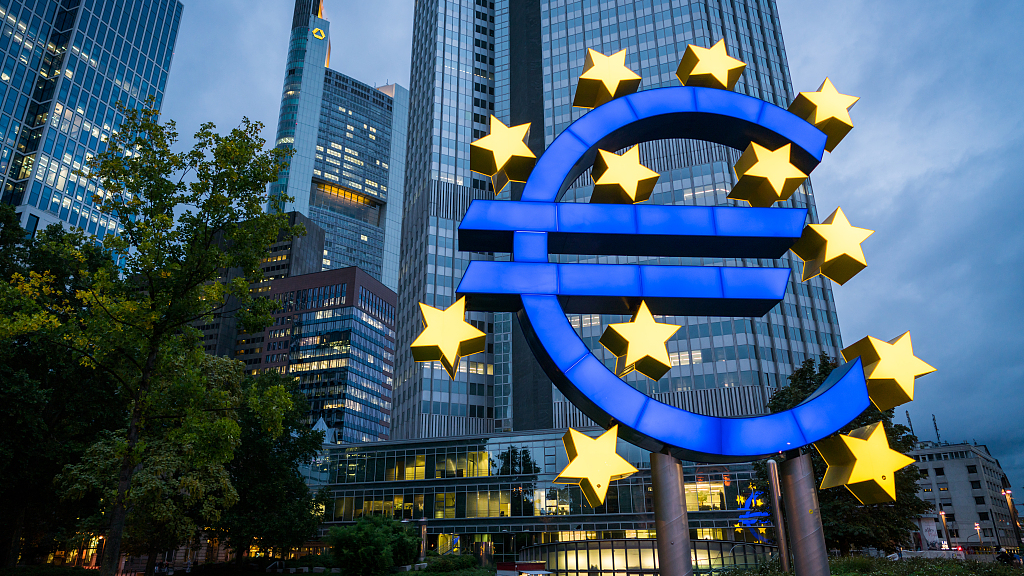Rapid euro zone inflation will weigh on public finances over time, a European Central Bank (ECB) study showed on Monday, confounding some views that governments might benefit as debt is inflated away and nominal tax revenues rise.
In a more normal bout of inflation and without automatic spending adjustments, the bloc's debt ratio would indeed fall, the ECB argued. But the energy shock, the subsequent slowdown in growth, and rigid spending rules mean that governments' fiscal position is negatively affected already after a year.
"In subsequent years, however, spending pressures intensify and more than offset the benefits on the revenue side, leading to nearly 0.5% of GDP deterioration in the budget balance level in 2024," the ECB said in an Economic Bulletin Article.
While inflation normally boosts tax revenue, the energy shock's income boost is modest, weighs on corporate profitability, reduces overall growth and puts pressure on nominal public spending.
The ECB has raised interest rates by 3 percentage points since July and markets expect at least another percentage point of increases before rates peak.
About a third of government spending is also indexed, mostly to inflation, so high price growth automatically forces governments to spend more, the ECB said.
The ECB added that excess government spending aimed at curbing the harmful effects of inflation was only temporary and would be reversed, so inflation was merely pushed out over a longer period.
"The impact on growth (of discretionary spending) is assessed to be positive only in 2022, before turning mildly negative in 2023 and more strongly negative over the 2024-25 period," the ECB said.











